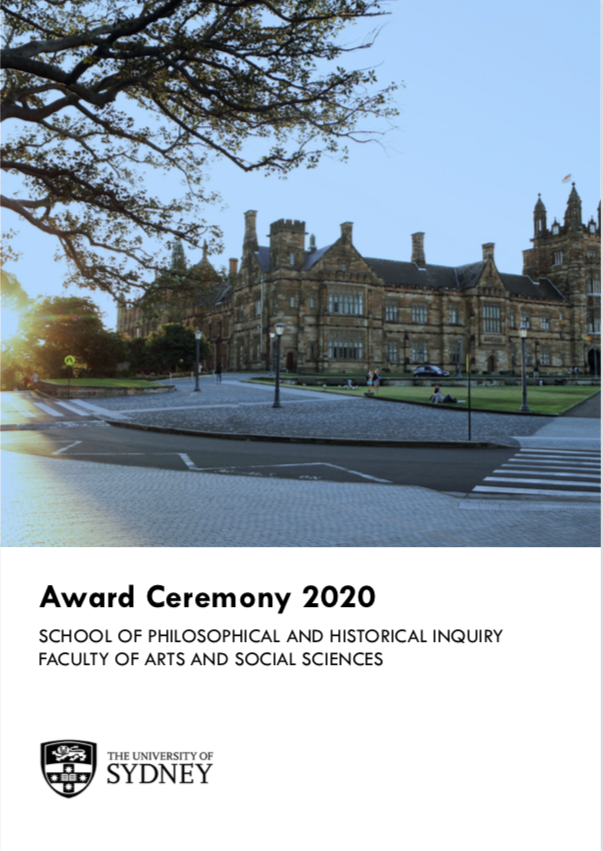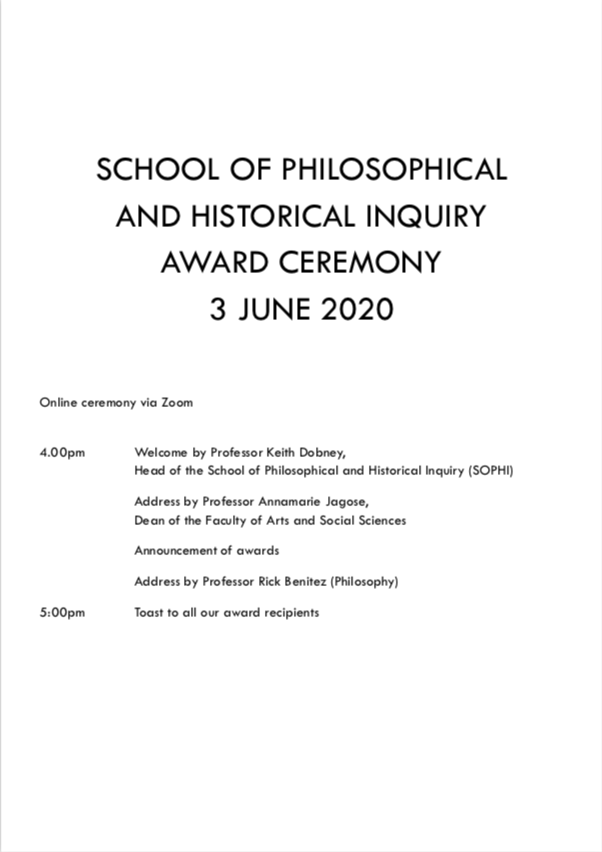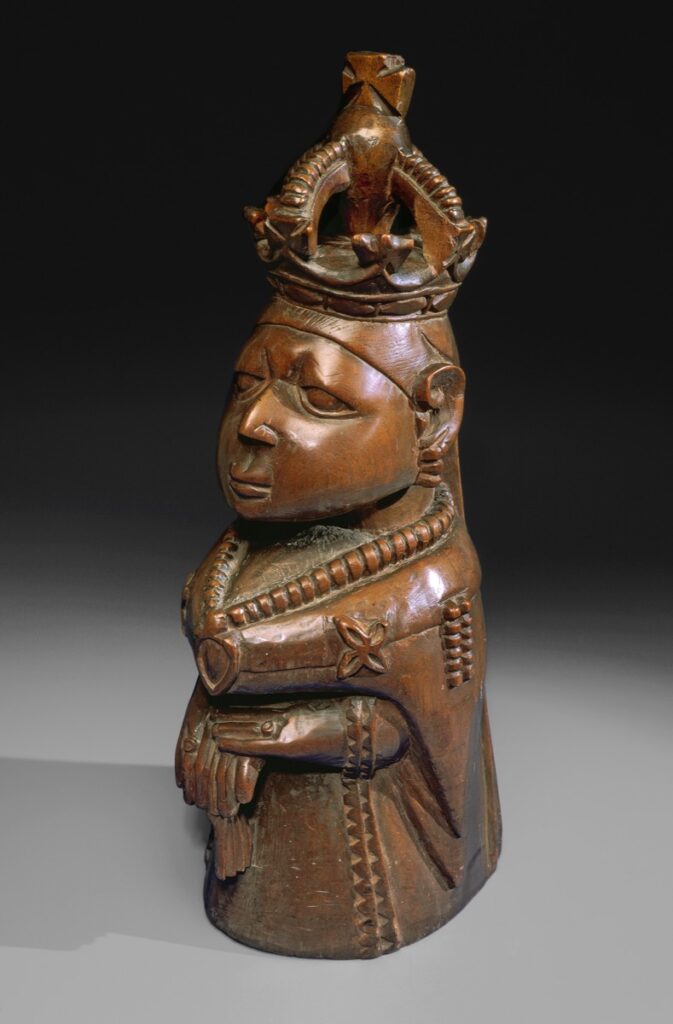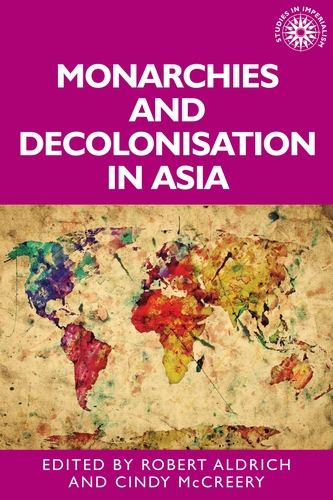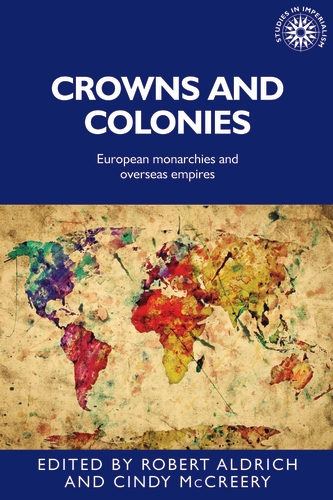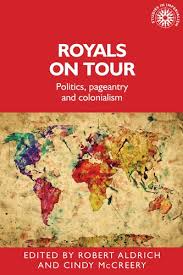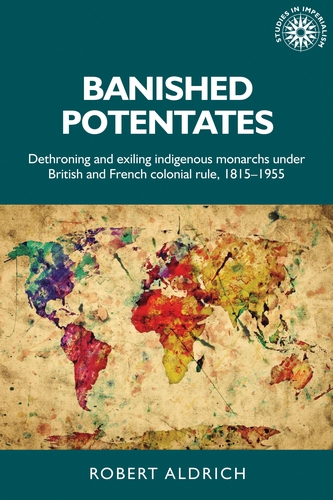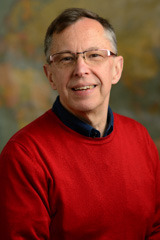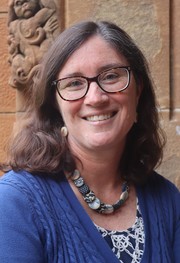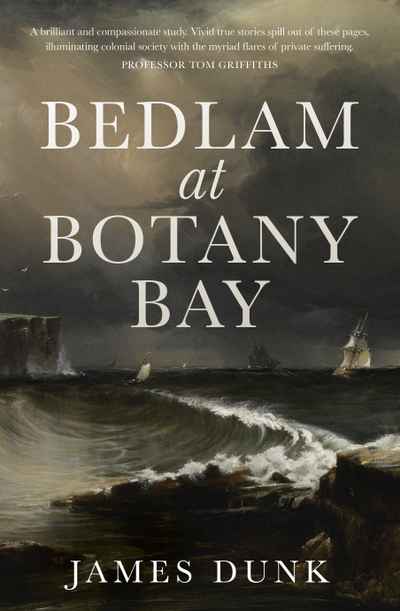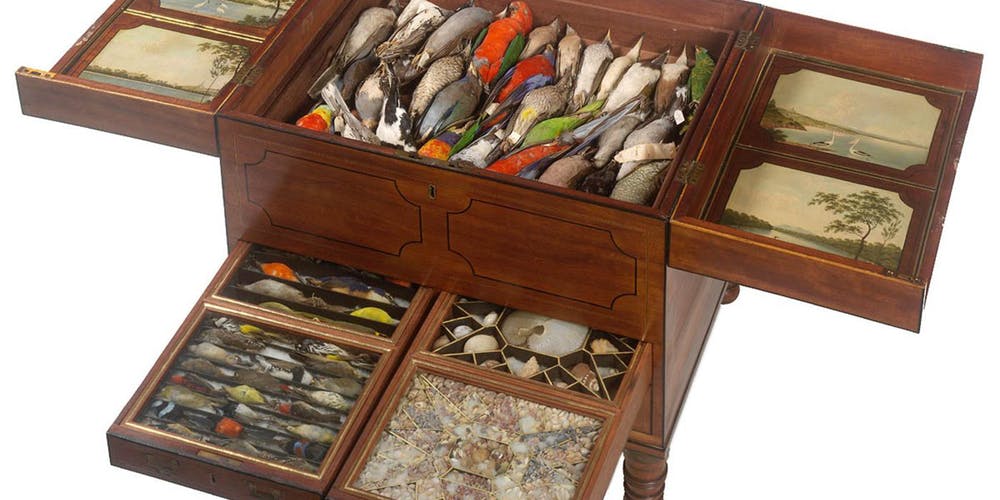 History of University Life 2020 Sydney Research Webinar Series in Higher Education Wednesday 5 August 2020 | 4:00-5:00pm What do we learn from a history of international students at Australian universities? To examine this question and others about the social and political economy of international students in Australia since the 1960s, join our second 2020 History of University Life online seminar with panellists Julia Horne, University Historian at the University of Sydney, and Gaby Ramia, Associate Professor in Public Policy at the University of Sydney. We will also hear from international students about their experience in Covid-19 times. Chaired by Matthew A. M. Thomas, Senior Lecturer in Comparative Education and Sociology at the University of Sydney and co-convenor of History of University Life. Julia Horne is Associate Professor in the Department of History who works on the history of higher education in Australia from 1850 to the present-day. Her books include Sydney the Making of a Public University (Miegunyah Press, 2012, co-authored with Geoffrey Sherington) and Preserving the Past: The University of Sydney and the Unified National System of Higher Education 1987-96, (Melbourne University Publishing, 2017, co-authored with Stephen Garton). In 1999-2002 she created a substantial archive of in-depth surveys and interviews with international students about their Australian experiences in the 1950s and 1960s (for UNSW Archives). Gaby Ramia is Associate Professor in Public Policy in the Department of Government and International Relations and Theme Co-Leader, Smart and Working, in the NSW Institute of Public Policy, at The University of Sydney. His books include Governing Social Protection in the Long Term, (Palgrave Macmillan, 2020) and Regulating International Students’ Wellbeing (Policy Press, 2013, co-authored with Simon Marginson and Erlenawati Sawir). Gaby is currently one of three Chief Investigators on an Australian Research Council funded study on international student housing precarity. Matthew A.M. Thomas is a senior lecturer in comparative education and sociology of education at the University of Sydney. He has worked as a public school teacher in the United States and as an educational researcher, educator, and consultant in Australia, Mali, Nigeria, Indonesia, Tanzania, and Zambia. His research examines educational policies, pedagogical practices, teachers’ lives, and the changing roles of teacher and higher education institutions. Most recently, Matthew is the co-editor of Examining Teach For All (Routledge, 2020) and the Handbook of Theory in Comparative and International Education (Bloomsbury, 2021). Future seminar dates for your diary in this special series 23 September @4-5pm 14 October @4-5pm 4 November @4-5pm 2 December @4-5pm These online seminars are brought to you by History of University Life Sydney Research Seminar in Higher Education. History of University Life began in 2008 as a joint forum between the University of Sydney and St Paul’s college to discuss the history and role of universities in Australian life. Many thanks for the support of St Paul’s College since 2008. And thanks, too, for the wonderful assistance for the 2020 online series provided by the School of Philosophical and Historical Inquiry, University of Sydney. For more information about the series please email the History of University Life convenors Click here to email. |
| Registration The Zoom webinar link will be sent as an email and calendar invite on the Monday prior to the event. If you registered for the entire series when you registered for the last seminar, you won’t need to register again. You will receive an invitation to this webinar automatically. New registration? please click here to RSVP Missed the first seminar? If you missed the first seminar, or would like to watch it again, the webinar in this special series is now available online on the SOPHI talks site. HUL on Social Media Please use the hashtag #UniKeeper for your social media posts. You can follow the History of University Life on Twitter @HULseminar. Other social media Follow SOPHI on Twitter Follow SOPHI on Facebook Follow St Paul’s College on Twitter See the Department of History blog Image by Max Dupain reproduced courtesy of the University Art Collection, University of Sydney. |

